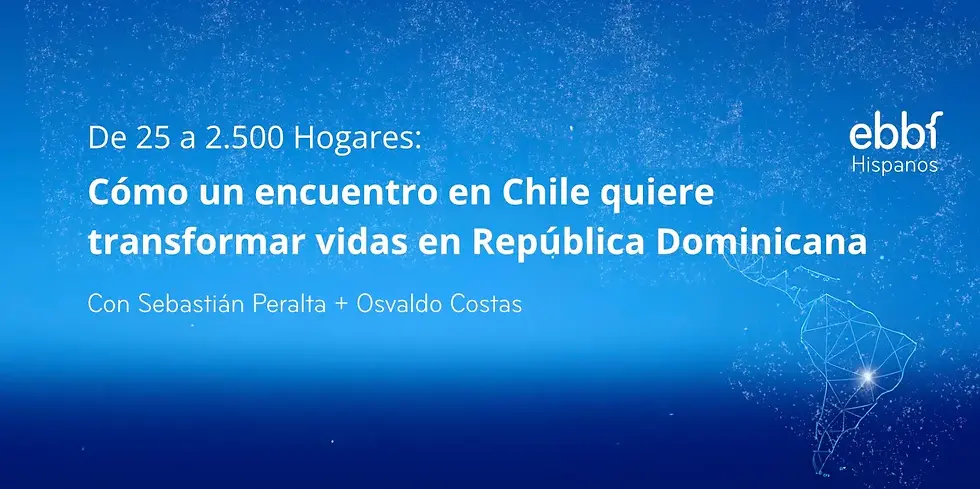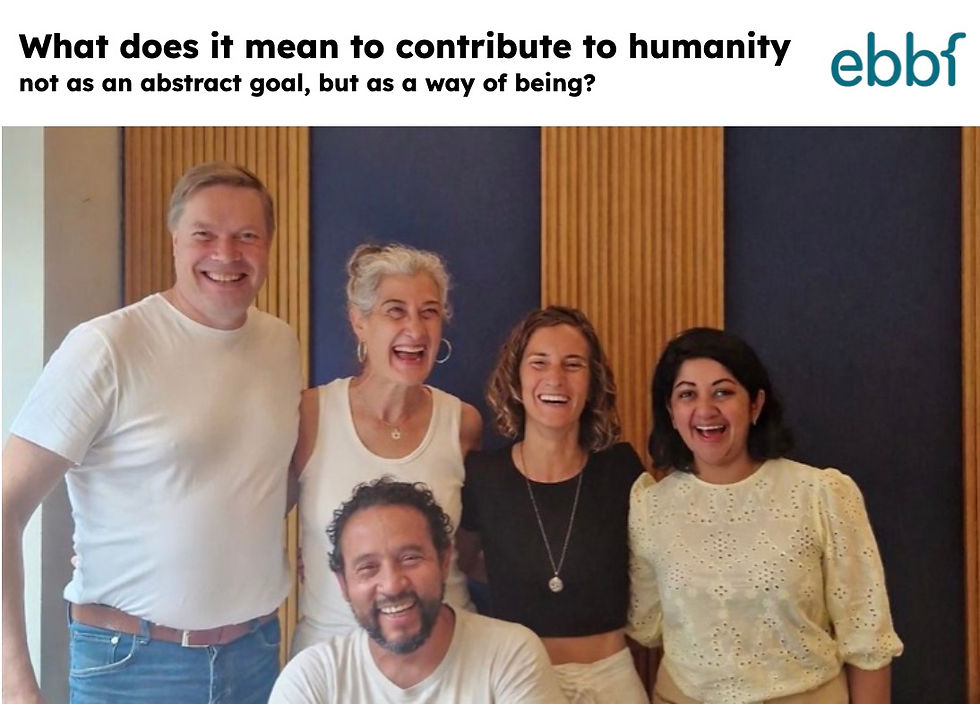#ebbfdiversity – Systems science beyond diversity
- May 5, 2017
- 3 min read
An opening keynote summary by ebbf member Iko Congo
Carl Emerson introduced Arthur Dahl as an exceptionally experienced person who consults for the UN WEF, World Bank, President of IEF and a professor, someone who is involved in many things and has over 200 publications. His keynote was about systems science beyond diversity and humorously noted that the way to start this business conference was a scientist.
He started his talk by conceiving diversity and offering different metaphors. When seeing diversity as a variety of different things in an assemblage, we can see the beauty of a garden with flowers of different sizes, colours and aromas. He went deeper asking a few questions. Is it enough to have a bunch of different things together? If was not for the gardener how long would the beauty of the garden last? Would weeds come in?
Reflecting then this truth into a human community with different races, cultures and languages, what would happen if some consider themselves superior over others? How would this community function? Would wars and quarrels ensue?
Arthur’s speciality is coral reefs which are a prime example of interdependence 400 corals, 4000 molluscs, 1500 fish just on the Great Barrier Reef. A very high number of different species support each other, live not only in harmony but in cooperation, where each life form helps to maximise total productivity.
The point I believe he was making was that what is important in a complex system is not the just the number of different entities but how they interact. How do they contribute to something larger than individual parts? “Much of it comes down to communication”. Something he hoped during the weekend the conference participants will have.
He then moved on to his talk to explore diversity in human society. Arthur shared a quote from the Institute for Studies in Global Prosperity
“Much of the human body, the interdependent body of humanity is composed of diverse elements whose wellbeing can only be achieved through integration and coordination. No cell or organ lives apart from the human body, and the well-being of each derives from the well-being of the whole. At the same time, it is the unity and interdependence of the body’s diverse cells and organs that permit the full realisation of the distinctive capacities inherent in each.”
He introduced Peter Turchin as someone who tried to model history and study the rise and fall of civilisations. Turchin, despite being an atheist, pronounced that he could only find religions as the factor that allowed for groups of people to transcend the differences that initially divided them as religions acted as catalysers for ethical values that enabled groups to build trust and increased level of altruism among leaders.
He then spent the remaining time of his talk exploring a letter from The Universal House of Justice, the governing body of the worldwide Baha’i community, on economics where the institution offers some thoughts on the current conditions of the world and potential alternatives in light of the Baha’i writings. He explored rich themes such as the moral dimension of economic life, the materialistic vision of human purpose, the seductive messages in our contemporary society, the economic systems failure, the overcoming the dangers, the challenging economic assumptions, the reorganisation of human society and the higher purpose of economic activity.
Following is one excerpt from the message he shared: “Every choice one makes—as employee or employer, producer or consumer, borrower or lender, benefactor or beneficiary—leaves a trace, and the moral duty to lead a coherent life demands that one’s economic decisions be in accordance with lofty ideals, that the purity of one’s aims be matched by the purity of one’s actions to fulfil those aims.”
He finished the session with three questions for reflection:
Can a systems perspective help you to explain to others the need to go beyond the materialist and individualist economic paradigm?
How can we avoid unwittingly adopting the materialist ways of seeing the world?
What opportunities may be open to you to experiment with new approaches to your economic life?
You can find the documents he referenced in the following links:







Comments